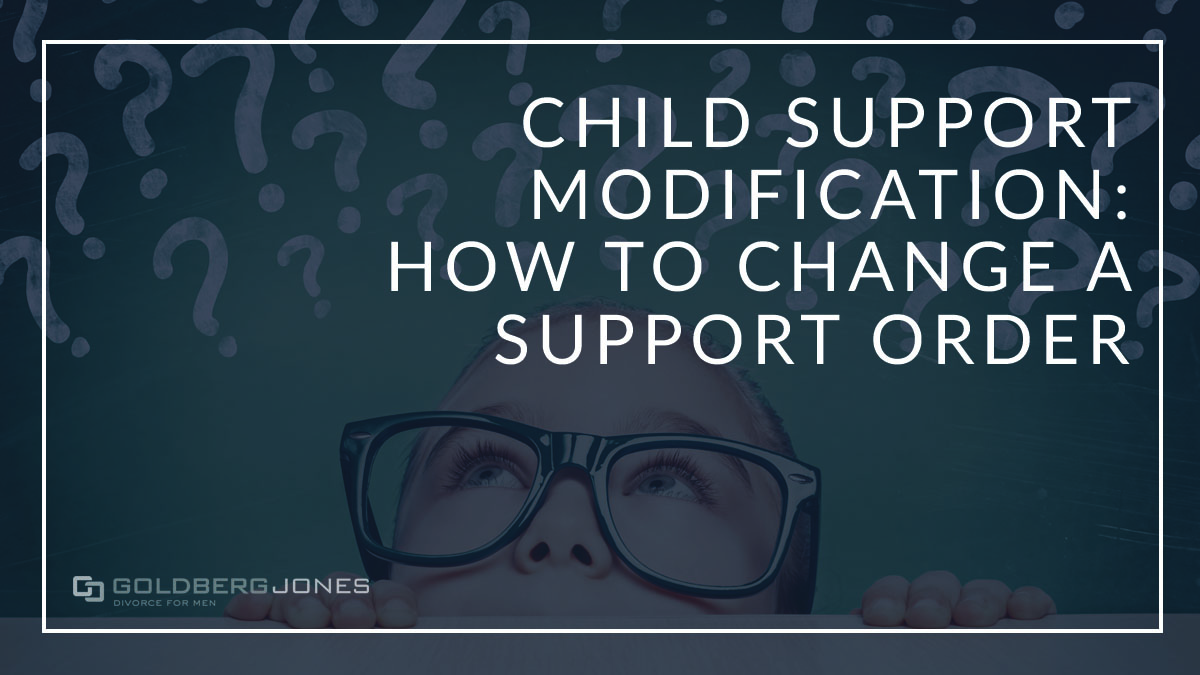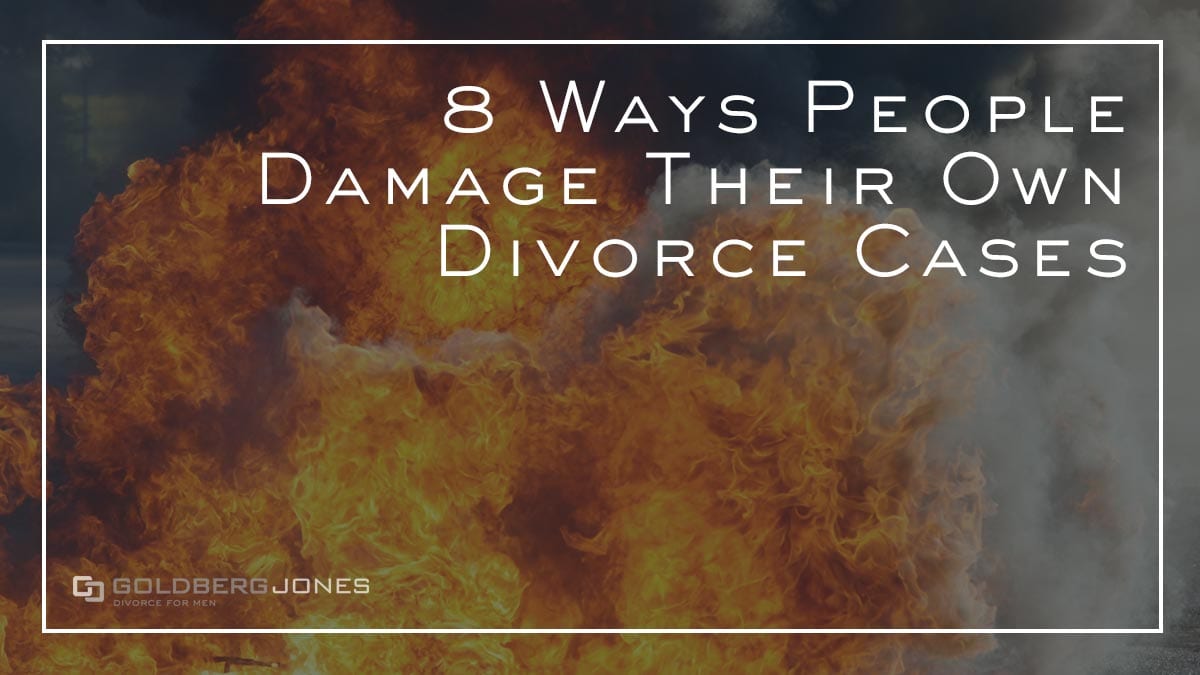Divorce is the end of one chapter of your life, but it’s also the start of another. Ideally a better, healthier one. The topic of dating after divorce is one that comes up frequently. Since you were married, you were probably out of the game, so to speak, for a long time. It’s often scary and daunting to put yourself out there again, maybe for the first time in many years.
There’s no shortage of dating advice waiting out there, from friends to apps to so-called experts online. Everyone has tips and suggestions for improving your romantic life and relationships. In fact, there’s so much out there the sheer amount may overwhelm you, especially at first. Just Google “dating advice” and prepare for a landslide.
Expert Dating Advice
It’s difficult to know what’s real and what isn’t, what will work for you and what won’t. Sifting through everything you find to find quality advice isn’t as easy as it should be.
Knowledgeable, relevant advice about dating after divorce can be invaluable as you reenter that world. To that end, we sat down with Torr Lindberg, a local mental health counselor, looking to uncover useful information for men looking to explore romantic relationships post-divorce.
About Torr: Torr has a focused practice that serves men in the Puget Sound area. He holds a Masters in Applied Behavioral Science, is a trained level II EMDR and Lifespan Integration therapist, and leads regular support groups in anger management, depression, and workplace anxiety. His practice helps men who struggle with anxiety, stress, and depression.
Torr’s advice comes from not only his education but his personal experience. Being a man in the twenty-first century can be an intimidating prospect. Gone are the clearly defined roles of masculinity and the social expectations that were abundant in generations past.
The idea of what it means to be a man has changed and evolved into something much different than it once was. Men are often set adrift to sort out their masculinity without a guide and without a map. The result is an erosion of self-esteem and a struggle to establish a mature sense of self.
Related Reading: Breaking Down Divorce by Generation
Dating After Divorce
Wading back into the dating pool after divorce, you face many common pitfalls. Problems can undermine not only success in romantic relationships, but also derail self-esteem. Dating after divorce, it’s all too easy to feel out of place and uncertain about what lies ahead.
It’s important for you to look at your past relationships, the unsuccessful ones, and examine and understand the patterns that have played out before.
If you don’t look at your earlier relationships, it’s far too easy and common to fall back into familiar patterns. A new situation may seem like a drastic departure from what you’ve experienced before.
But if you don’t take steps to enact change, they often quickly turn into versions of the unhealthy relationships you’ve already experienced. More of the same is not what you’re looking for; to achieve a different result, you need to do something different.
Related Reading: Scary Divorce Fact or Urban Legend?
Setting Expectations
Another key point Torr raises is the importance and benefit of setting expectations, especially setting realistic expectations. There’s a common misconception that dating after divorce will be simple. After all, new relationships are free from other attachments and ties to previous partners.
Torr is quick to point out that, even in new romantic endeavors, your ex is never entirely absent. The specter of that relationship looms large, even when you try to keep it separate.
Then there is the actual presence of your ex. If you have children, your ex is going to remain a part of your life going forward. You may not like it, but, outside of unusual circumstances, that’s a fact you need to accept. Unresolved issues don’t just evaporate when you sign the divorce papers.
New partners will likely meet your kids and probably encounter your ex eventually. It’s important to prepare for that as well.
Even if you’ve both moved on, it’s rare for exes to be super excited to see each other with new people. On the other side of that equation, prepare to be somewhat involved in your ex’s dating life following the divorce.
Understanding the lasting impact and presence of an ex goes a long way to determining how successful you will be dating after divorce. It’s vital to establish realistic expectations for new relationships and not continually compare them to what came before.
Are You Ready To Date Again?
Torr highlights the importance of evaluating your readiness to date following divorce.
To this end, he poses a few simple questions:
-
- Are the reasons why your last relationship failed still a mystery to you?
- Do you blame your ex for the relationship failing?
- Do you continue to see similar issues show up in your non-romantic relationships?
If You Answered Yes
If you answer any of these questions with a resounding yes, you might want to consider holding off on dating for the time being. These answers indicate you may have unresolved issues and that you likely harbor resentment toward your ex. You may have other things to work on before you start dating again.
In our conversation, Torr said, “Holding onto resentment is like eating rat poison in an attempt to kill the rat.”
Resenting your ex has no impact on them. But it certainly does on you. Holding on to negative feelings only hurts you and can potentially damage new relationships. Working to let go of resentment and address the root causes behind the failure of previous relationships is a powerful first step towards successful dating after divorce.
If You Answered No
If you answer no to these questions and feel that the time is right, you may be ready to return to that dating life.
It’s important to adjust your expectations for a new relationship. Most people don’t find that sweeping, epic movie-style romance. That’s simply not how reality works most of the time.
However, it is vital to know:
-
- what you want,
- what you need, and
- what you’re looking for in a relationship.
- Take stock of your values,
- who you are as a person,
- and what’s most important to you.
Torr recommends identifying what you’re passionate about as a first step. Make a list of the things that move you the most; the things that excite you, fascinate you, or make you feel alive. From that list, select one or two you’d like to know more about or explore.
Indulge Your Passion
Once you identify what you’re passionate about, indulge that passion. Find clubs, organizations, and groups that share the same interests. There are groups online and IRL meetups for any interest you can name.
If you’re into it, so is someone else. Participating in activities that stimulate you is not only fun, but shared interests provide the natural opportunity for friendships to develop.
You don’t even have to dive into these groups for the express purpose of dating. Torr notes that it’s important not to use this kind of activity solely to find romantic partners. It’s a way to indulge in your hobbies with like-minded people. If something more develops, great. If not, no loss. If you only want to find love, you’ll likely walk away disappointed.
This type of activity allows you to become more comfortable with yourself and who you are. When you get there and surround yourself with people with similar interests, Torr notes the opportunity for romantic relationships may emerge organically. Try it and see what happens.
Use Online Dating With Caution
These days there’s a dating app or website for every interest group. People looking for adventures, those with specific political beliefs, even dog lovers have their own outlets. You can log in, create a profile, and within minutes, you’re swiping left or right on singles in your area.
That may sound great, like an easy way to jump back into dating after divorce. After all, thousands of people use this strategy and there’s a ton to choose from. But Torr advises using proceeding with caution before using these outlets.
Dating apps certainly come with extensive opportunities to find dates. But they also come with ample opportunity for rejection. Following a divorce, can be particularly painful.
Online dating profiles also rarely provide an accurate look at a person, or at least the whole person. People can pretend to be anyone online—we’re not talking about catfishing, but about misrepresentation. If you think you’re meeting one person, but meet someone who doesn’t resemble their profile, it can leave you feeling misled or disappointed.
While getting back into dating following a divorce, consider keeping your interactions offline and in-person.
This can help establish real, meaningful bonds grounded in actual connection, not a collection of carefully curated facts that only paint a partial picture.
It’s easy to be intimidated when dating for the first time after divorce. You’ve probably been out of the game for some time and things may have changed. It’s important to make sure you’re ready and not rushing into anything. But with patience, persistence, and realistic expectations, looking for love after divorce can be extremely rewarding.
Related Reading: 6 Best Ways to Celebrate Divorce
Join Over
400,000
Entrepreneurs getting our weekly newsletter


